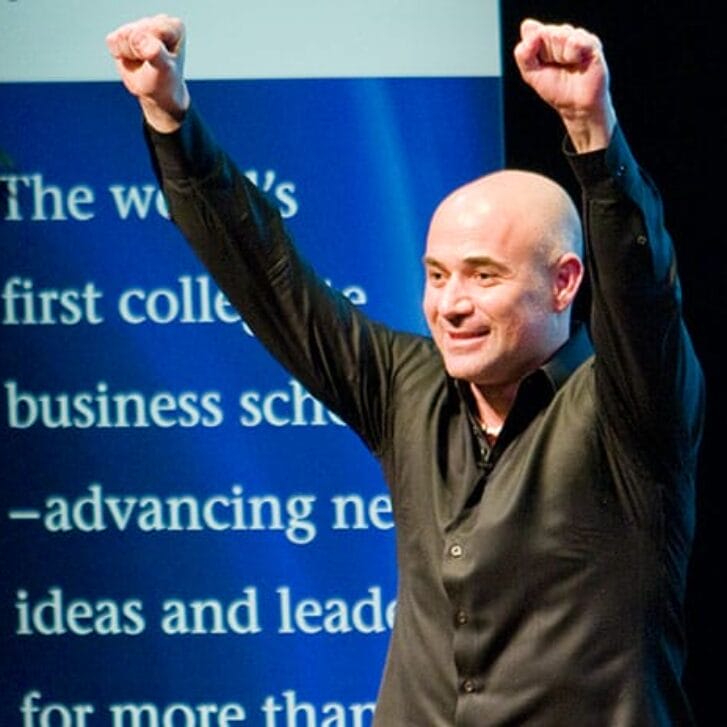You have to give Sunita Grote some credit. She stepped onto the campus of a preeminent business school (not the one she attended) and questioned whether it or any business school offers enough social impact educational opportunities.
That campus was Wharton’s, which coincidentally promotes social impact as one of its “three pillars” of strategy and is home to the thriving Wharton Social Impact Initiative (WSII).
We are not here to defend Wharton—we’ve highlighted social impact efforts on many occasions (such as here, here and here), and one stop at the WSII website will reveal all that it has happening. And it should be noted that Grote wasn’t standing in front of Steinberg Hall-Dietrich Hall on Locust Walk, picketing with a placard and shouting in a bullhorn. She is a 2013 MBA graduate of INSEAD, a European business school that partners with Wharton, and came late last month at the invitation of Penn’s Initiative for Global Environmental Leadership (IGEL) and Eric W. Orts, IGEL’s faculty director and Wharton’s Guardsmark Professor.
Long story short, what we are here to do is quickly recap a presentation Grote made about surprising social impact trends on global B-school campuses.
First, Grote came bearing interesting data on sustainability and social impact education at international business schools—such as the fact that only 34 percent of B-schools in 2001 required students to take courses on business and society issues, versus 79 percent in 2011 (a trend she attributes largely to student demand). Or that, conversely, 33 percent of contemporary MBA students do not feel equipped to apply the knowledge learned in said courses in the real world. Grote came across these statistics—from the “Beyond Grey Pinstripes” 2012 survey and the “Principles for Responsible Management Education Survey,” respectively—during a research project she did as a student member of INSEAD’s INDEAVOR social impact club.
Here’s another interesting dataset from the INDEAVOR research: MIT Sloan offers 44 electives related to social impact and sustainability, whereas by their count, Wharton has 17, Columbia 15, Harvard Business School 12 and INSEAD four.

Prof. Eric Orts
Again, Grote’s point is not to call out Wharton or any other business school, but rather encourage all business schools to more fully integrate social impact into their curriculum. This can be done, she said, with small steps: From changing how faculty speak of the purpose of business—away from simply profit-making and maximizing shareholder value and toward sustainability as good business sense—to including more social impact classes in the curriculum core. From engaging alumni in the space as role models for students to providing “action learning” and supported internships.
It all sounds like a lot of what already goes on at Wharton—but again, no need for us to get defensive.
Let us know below, though, if you have thoughts about how well social impact and sustainability have been included at your business school, and what ideas you have for how to improve upon it.


























